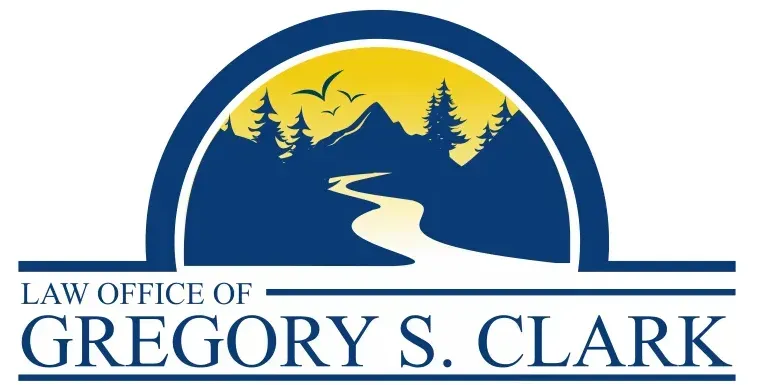Property Division Attorney – Community Property Division in Divorce
Ensuring a Fair Division of Assets and Debts
In any California divorce, dividing property isn’t just a logistical step—it’s one of the most financially impactful decisions you’ll make. As a Placerville property division lawyer, we help clients understand and assert their rights under California’s community property law. Whether you’re negotiating an amicable split or facing a contentious dispute over what’s “yours” versus “ours,” we’re here to guide you through each step with clarity and confidence.

Community Property vs. Separate Property in California Divorce
Under California law, most property acquired during marriage is considered community property—and subject to a 50/50 split. That includes income, real estate, retirement accounts, and debts accumulated during the marriage. By contrast, separate property belongs only to one spouse and isn’t divided. This includes anything acquired before the marriage, personal gifts, inheritances, or anything acquired after the date of separation.
But these distinctions aren’t always simple. For example, if one spouse bought a house before marriage but used joint funds to pay the mortgage, the property may be partially community-owned. Similarly, separate accounts may become “commingled” over time. We help untangle these complexities and ensure your financial contributions are properly valued and represented.
Valuing and Dividing Major Assets
Property division goes beyond spreadsheets—it’s about determining the true value of what you’ve built and making sure you walk away with your fair share. We regularly help clients with:
- Real Estate: From the family home to rental properties, we assist with valuations, buyouts, or sales—always with your long-term stability in mind.
- Retirement Accounts and Pensions: Dividing 401(k)s, IRAs, and pensions often requires a
Qualified Domestic Relations Order (QDRO). We ensure the process is handled correctly, so you avoid costly tax consequences.
- Businesses: If a business was started or grew during the marriage, it may be subject to division. We work with experts to value business assets and negotiate fair resolutions—whether that means one spouse retaining the business or an equitable buyout.
- Debts: Community property also includes debts like credit cards or loans. We’ll help make sure repayment responsibilities are fair—and enforceable.
- Vehicles, Investments & Personal Property: These are typically divided based on value. And if you're wondering about the family pet—yes, California courts now consider their best interest too.
Hidden Assets or Financial Misconduct
If you believe your spouse is hiding assets or manipulating financial disclosures, we can initiate discovery, issue subpoenas, and work with forensic accountants if necessary. Full financial transparency is not just a goal—it’s your right.
Handling Complex or High-Asset Divorces
High-net-worth divorces bring added layers of complexity, especially when multiple properties, stock options, businesses, or significant investments are involved. Even if your situation isn’t “high-asset,” you still deserve the same level of diligence and expertise. We bring calm and clarity to these emotionally and financially significant matters.

Do we really have to split everything 50/50?
Yes, California law requires an equal division of community property—but “equal” doesn’t mean splitting every item in half. It’s the total value that matters. One person might keep the house while the other gets a greater share of retirement funds or other assets.
Can I keep the house after divorce?
If keeping the home is your priority and you can buy out your spouse’s interest or offset it with other assets, we can help negotiate that outcome and ensure proper refinancing and title transfers.
My spouse owned the house before we married—do I get any of it?
Possibly. If the mortgage was paid down during the marriage or the home appreciated using marital resources, you may be entitled to a portion of that value. We’re experienced in analyzing and arguing Moore/Marsden reimbursement claims.
What happens to my 401(k) or pension?
Any retirement account contributions made during the marriage are community property and typically split. We’ll make sure the QDRO is correctly drafted so your rights are protected—and penalties avoided.
Will I be responsible for my spouse’s debts?
Debts incurred during marriage for mutual benefit are usually shared. Debts from before the marriage or after separation are typically separate—but we’ll help you document and argue your position, especially if your spouse isn’t being forthright.
Can we just split things without a fight?
Absolutely. If you and your spouse agree on how to divide everything, we can formalize that into a written agreement and submit it to the court. It’s faster, less expensive, and often less stressful—but it still needs to be thorough and legally enforceable, which is where we come in.
Secure Your Financial Future
You’ve worked hard to build a life—and the outcome of your divorce should reflect that. At the Law Office of Gregory S. Clark, we’ll help ensure that your assets, debts, and financial future are handled with the diligence and care they deserve. Contact us today to start a conversation about your property division concerns.


